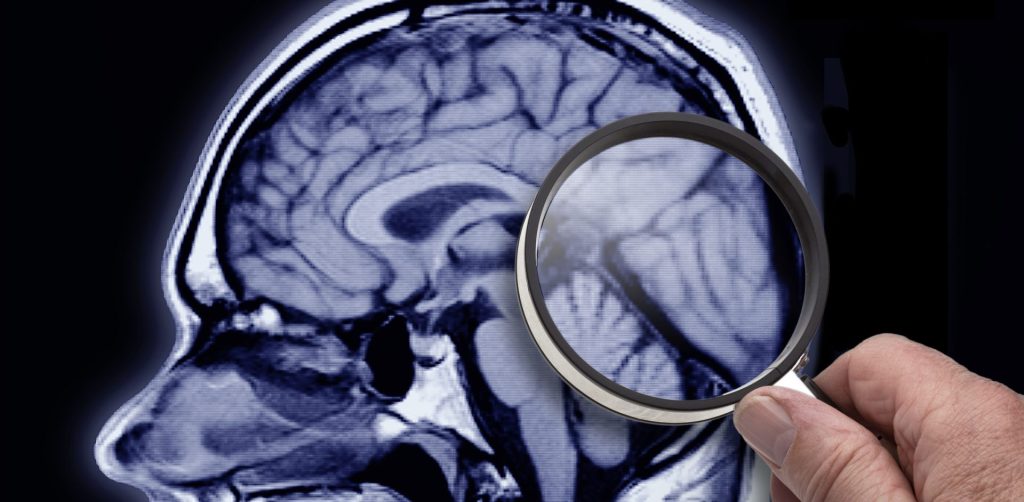Study Suggests Obesity Can Spark Alzheimer’s Disease-Like Patterns In Brain
![]()

According to a new study, obesity can cause changes within the brain that are comparable to symptoms seen in cases of Alzheimer’s disease.
The Troubling Link Was Uncovered In A Study Of 1,300+ People
Scientists at the Montreal Neurological Institute (affiliated with McGill University) conducted the research, and the findings were just published in the Journal of Alzheimer’s Disease.
Upon analyzing brain scans from over 1,300 people, researchers noticed similar patterns of “brain atrophy” between patients with Alzheimer’s and others classified as “obese.” Specifically, they found that both groups experienced “widespread reduced cortical thickness” in areas of the brain that impact learning, memory and judgment.
Notably, these similarities weren’t observed in other patients classified as “lean.”
Researchers Believe ‘Excess Weight Management’ May Help Reduce Risk Of ‘Obesity-Related Grey Matter Atrophy’
As a result of the study, the researchers ultimately uncovered that “obesity-related grey matter atrophy resembles that of [Alzheimer’s disease].”
Additionally, they also noted that “excess weight management” could potentially lower the risk for the condition. This finding appears to build on earlier research that suggests overweight people may develop Alzheimer’s at a younger age.
“Our research confirms that obesity-related grey matter atrophy resembles that of AD. Excess weight management could lead to improved health outcomes, slow down cognitive decline in aging, and lower the risk for AD.”
So, while much is still unknown about Alzheimer’s disease, it appears as though practicing healthier lifestyle choices and managing one’s weight can help reduce the risk of developing similar symptoms.
In fact, the researchers note, “Our results highlight the importance of interventions aimed at decreasing weight and metabolic risk factors in obese and overweight individuals in mid-life to decrease the subsequent risk of neurodegeneration and dementia in the population.”
However, as Linda Van Horn—the chief of nutrition at the Northwestern University Feinberg School of Medicine—tells NBC News, losing weight may not be able to reverse damage that’s already done. After all, “there are certain points of no return.”
“We, unfortunately, are discovering more and more that there are certain points of no return. I believe, based on examples like osteoporosis, that the chances of reversing the disease are lower than that of preserving what’s there.”
What do you think about these findings?
RELATED STORIES
Become A Roommate!
















